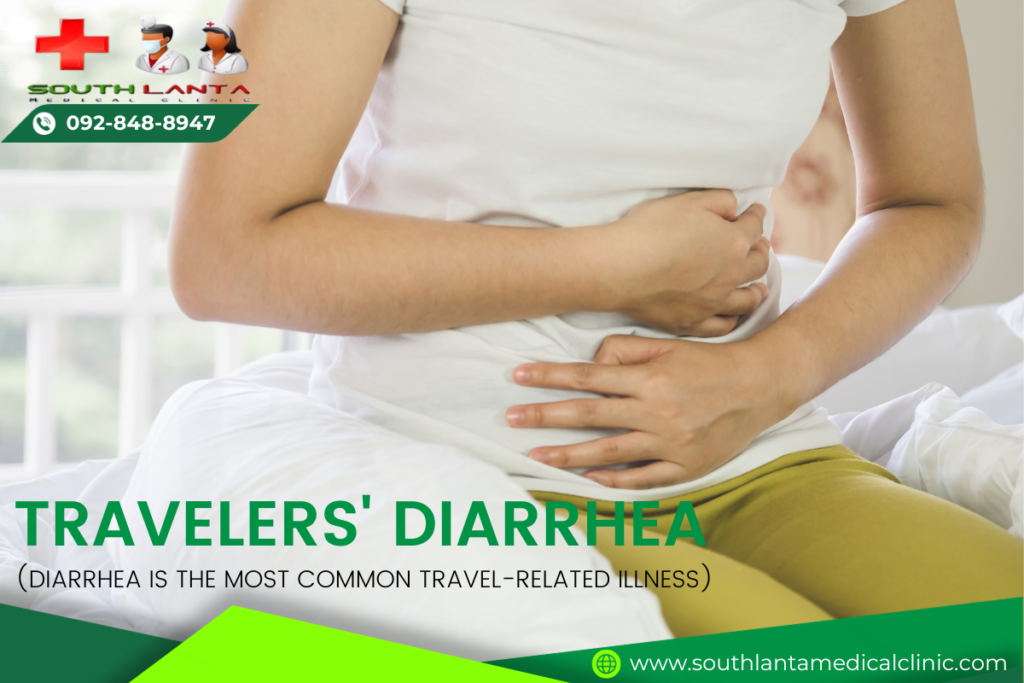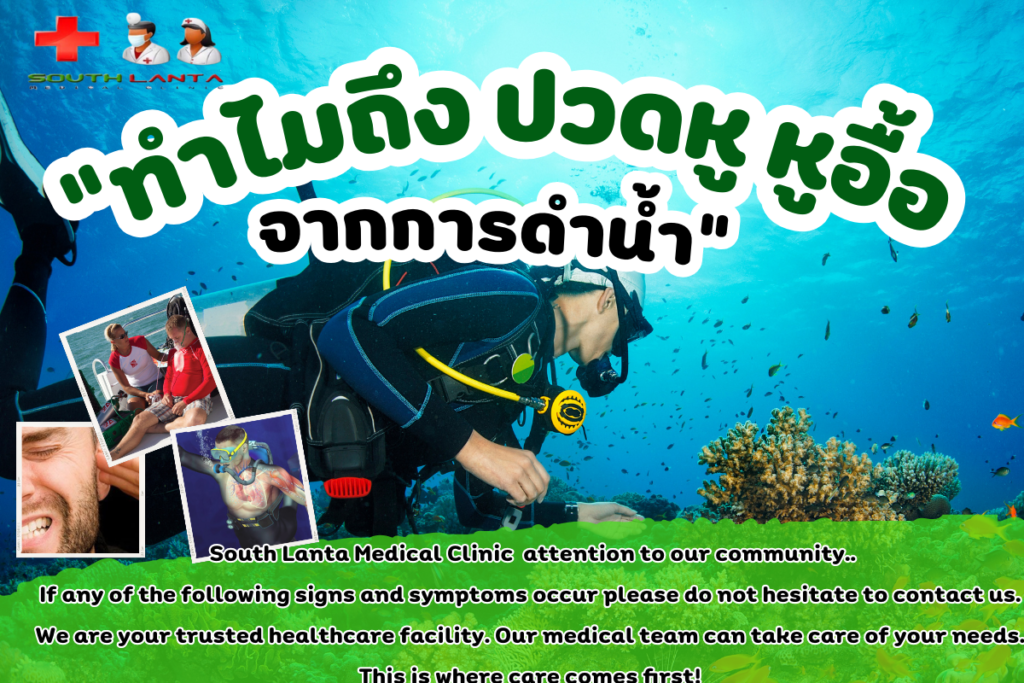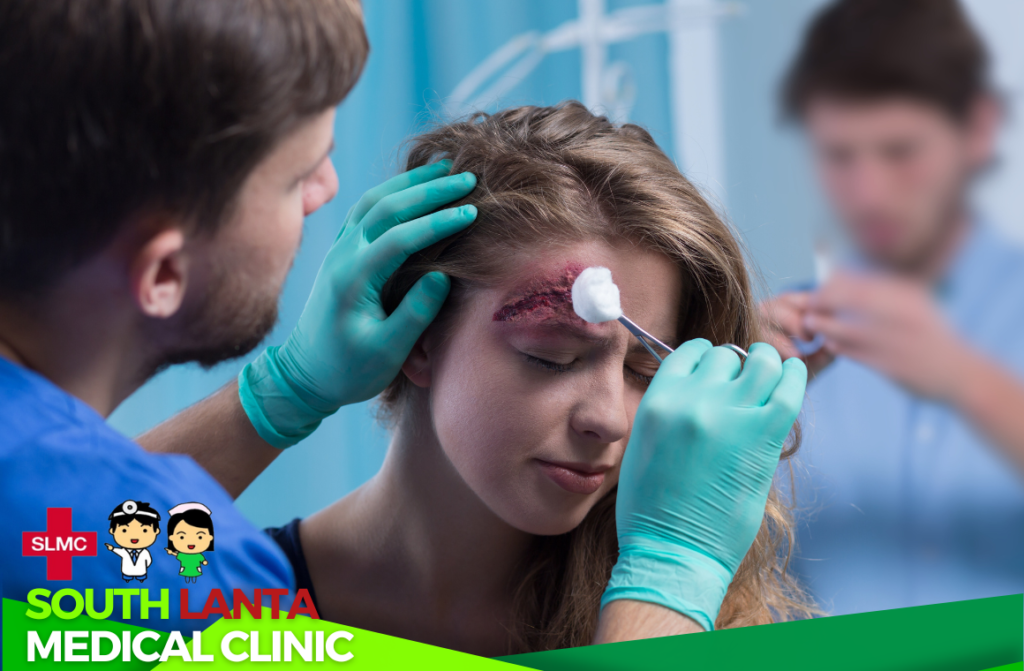PEP, or Post-Exposure Prophylaxis, is a treatment that involves taking antiretroviral medicines (ART) after being potentially exposed to HIV to prevent becoming infected. PEP must be started within 72 hours after a possible exposure to HIV, and it is taken once or twice daily for 28 days.
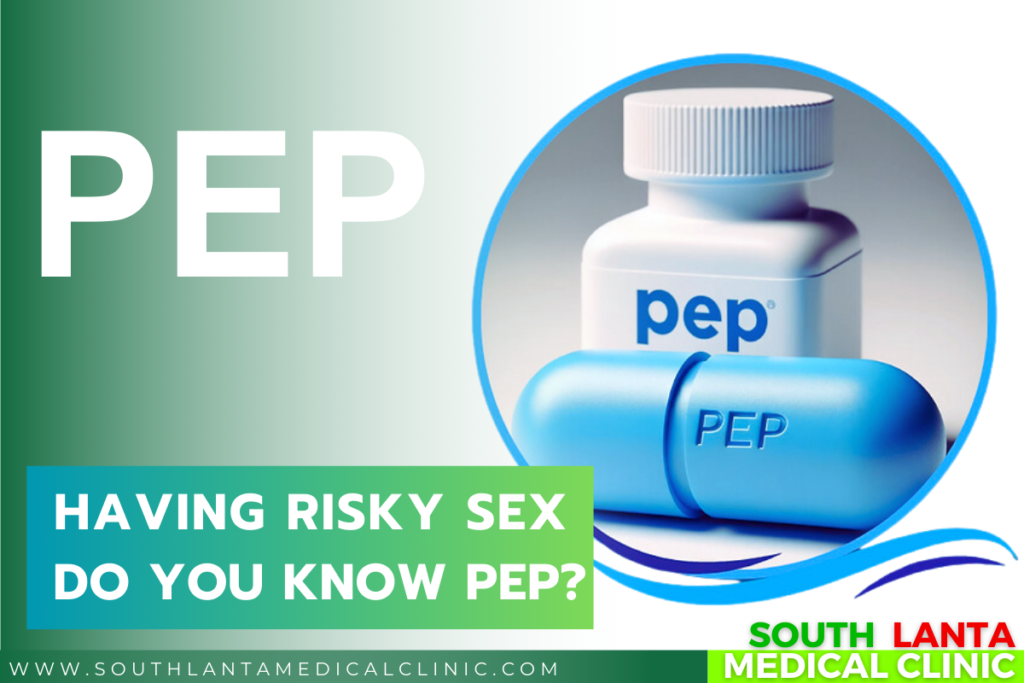
Here are some key points about PEP:
- Timing: The effectiveness of PEP decreases the longer you wait to start it after potential HIV exposure. It is most effective when started as soon as possible within the 72-hour window.
- Usage: PEP is used in emergency situations. It is not a regular method of preventing HIV. Examples of such situations include:
- After a condomless sexual encounter with someone who might be HIV-positive.
- Following a sexual assault.
- If a healthcare worker is exposed to HIV through a needlestick injury.
- Effectiveness: While PEP can significantly reduce the risk of HIV infection, it is not 100% effective. Adherence to the full 28-day course is crucial for maximizing its protective benefits.
- Side Effects: Common side effects of PEP medications may include nausea, headaches, tiredness, and gastrointestinal issues, but these are generally mild and manageable.
- Accessibility: PEP can be accessed through emergency rooms, urgent care clinics, some health clinics, and sometimes through primary care providers. It is important to contact a healthcare provider immediately if you think you have been exposed to HIV.
Who Should Use It:
Individuals who have had unprotected sex with someone who might be HIV-positive.
Those who have shared needles or other injection drug equipment.
Healthcare workers who have been exposed to HIV through a needlestick or other injury.
Victims of sexual assault.
PEP is not typically sold over-the-counter and is not available without a prescription. It is usually provided through healthcare facilities. Here’s where you can access PEP:
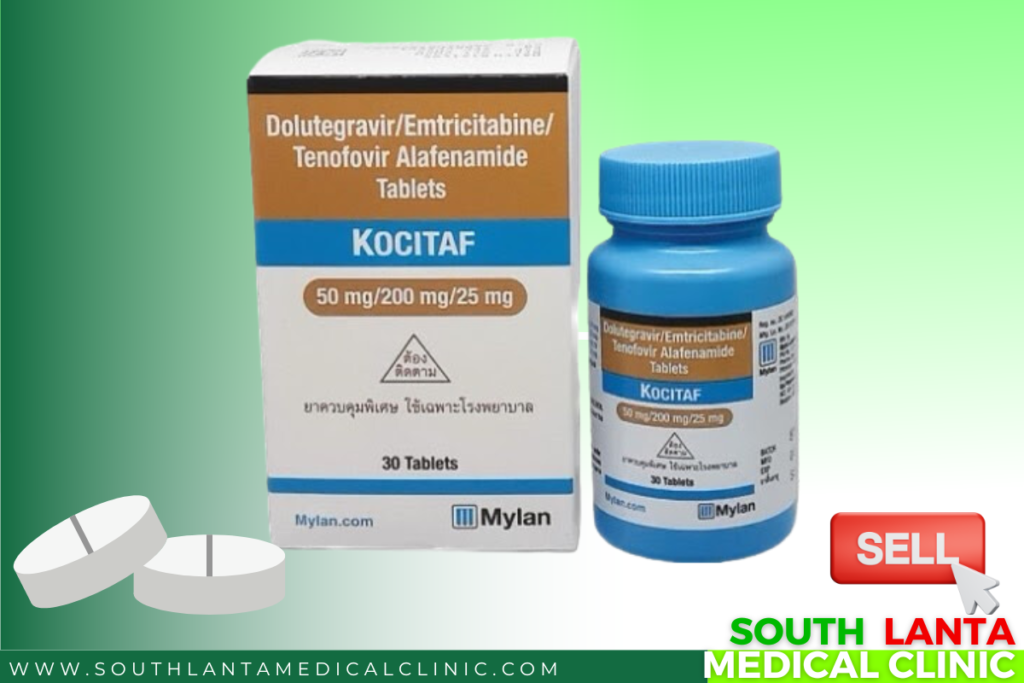
- Emergency Rooms: Most hospital emergency departments have PEP available and can prescribe it immediately.
- Urgent Care Clinics: Many urgent care centers also provide PEP.
- Sexual Health Clinics: Clinics specializing in sexual health, including HIV/AIDS services, often have PEP available.
- Primary Care Providers: Some primary care physicians can prescribe PEP, especially if you have an established relationship with the provider.
- Community Health Centers: Some community health centers, particularly those that focus on serving high-risk populations, offer PEP.
- Planned Parenthood: Many Planned Parenthood locations provide PEP and can also offer counseling and follow-up care.
- Local Health Departments: Some local health departments offer PEP, particularly in areas with higher rates of HIV.
- Pharmacies: In certain regions and under specific circumstances, some pharmacies may be able to dispense PEP, but a prescription from a healthcare provider is still necessary.
If you believe you have been exposed to HIV and need PEP, it’s crucial to seek medical attention immediately to start the treatment as soon as possible.
South Patong Medical clinic has PEP medicine for those who need anti-HIV medication. You can come in for a consultation with a doctor at our clinic.

